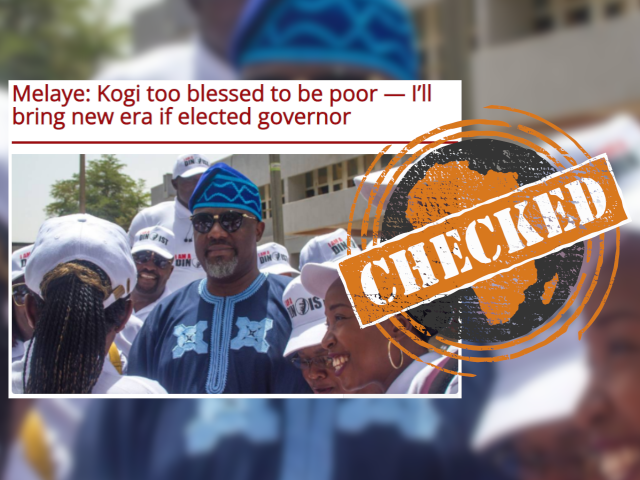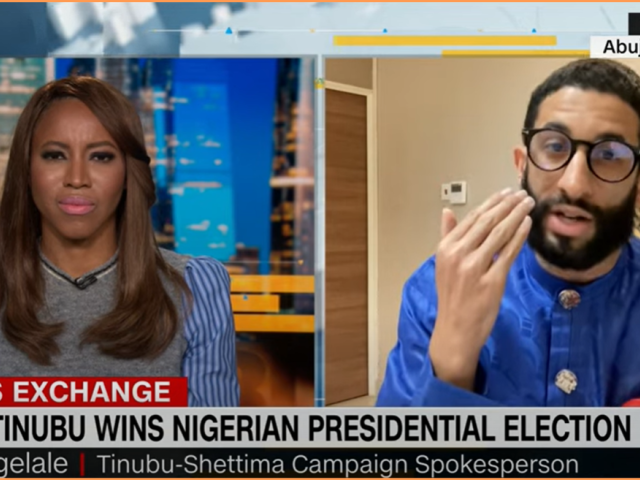IN SHORT: While religion plays an important role in Nigerian electoral politics, Christians in the northern state have not been asked to vote for one particular political party.
An influential umbrella group of churches in Nigeria is urging Christians in the northern state of Kaduna to vote for the Peoples Democratic Party (PDP), the largest opposition party in the country.

So says a letter, shared as a screenshot on Facebook, which appears to be from the Kaduna chapter of the Christian Association of Nigeria, or CAN.
Its subject line reads: “OUR RESOLVE TO SUPPORT THE PDP GUBERNATORIAL CANDIDATE IN KADUNA STATE.”
The letter gives reasons why Christians should vote for the PDP, rather than the Labour Party. These include concessions, such as public positions in the state government and the location of a public university in the state.
Christians also risk being persecuted should the PDP lose, the letter adds.
Nigerians will vote for governors and state assemblies on 11 March 2023. Religion is a major factor in the country’s politics, with the north being majority Muslim and the south dominated by Christians.
The letter is signed by John Hayab, the state chairperson of CAN Kaduna chapter. It has been posted elsewhere on Facebook, including here, here, here, here, here and here.
But is it accurate?
Fake press statement
The current governor of Kaduna state is Nasir El-Rufai of the All Progressives Congress. The APC won the presidential election on 25 February. El-Rufai is a Muslim and his term ends on 29 May 2023.
But the letter wasn't from CAN, said Caleb Ma'aji, state secretary of the Kaduna chapter of CAN, in a statement on 7 March:
“The attention of the leadership of the Christian Association of Nigeria Kaduna state chapter has been drawn to a fake letter circulating on social media and other platforms in the name of CAN pretending that the letter was written and signed by the CAN chairman, Rev Joseph John Hayab.
“CAN wants the public to note the following: The letterhead with the fake press statement is a counterfeit with a made-up office address, and fake stories and carries a fabricated signature of the chairman.”
Only the CAN secretary had the authority to write such a letter, not the chairperson, Ma'aji said.
CAN's national headquarters in the capital Abuja told Africa Check that it was unaware of the existence of such a letter and that it didn't align itself with any political party.
"We have never adopted any political party, we maintain our neutrality, and once we take such a decision, we don't exempt any state. Meanwhile, CAN is not only seeking the welfare of Christians alone, we stand for all Nigerians.”
Republish our content for free
For publishers: what to do if your post is rated false
A fact-checker has rated your Facebook or Instagram post as “false”, “altered”, “partly false” or “missing context”. This could have serious consequences. What do you do?
Click on our guide for the steps you should follow.
Publishers guideAfrica Check teams up with Facebook
Africa Check is a partner in Meta's third-party fact-checking programme to help stop the spread of false information on social media.
The content we rate as “false” will be downgraded on Facebook and Instagram. This means fewer people will see it.
You can also help identify false information on Facebook. This guide explains how.




Add new comment